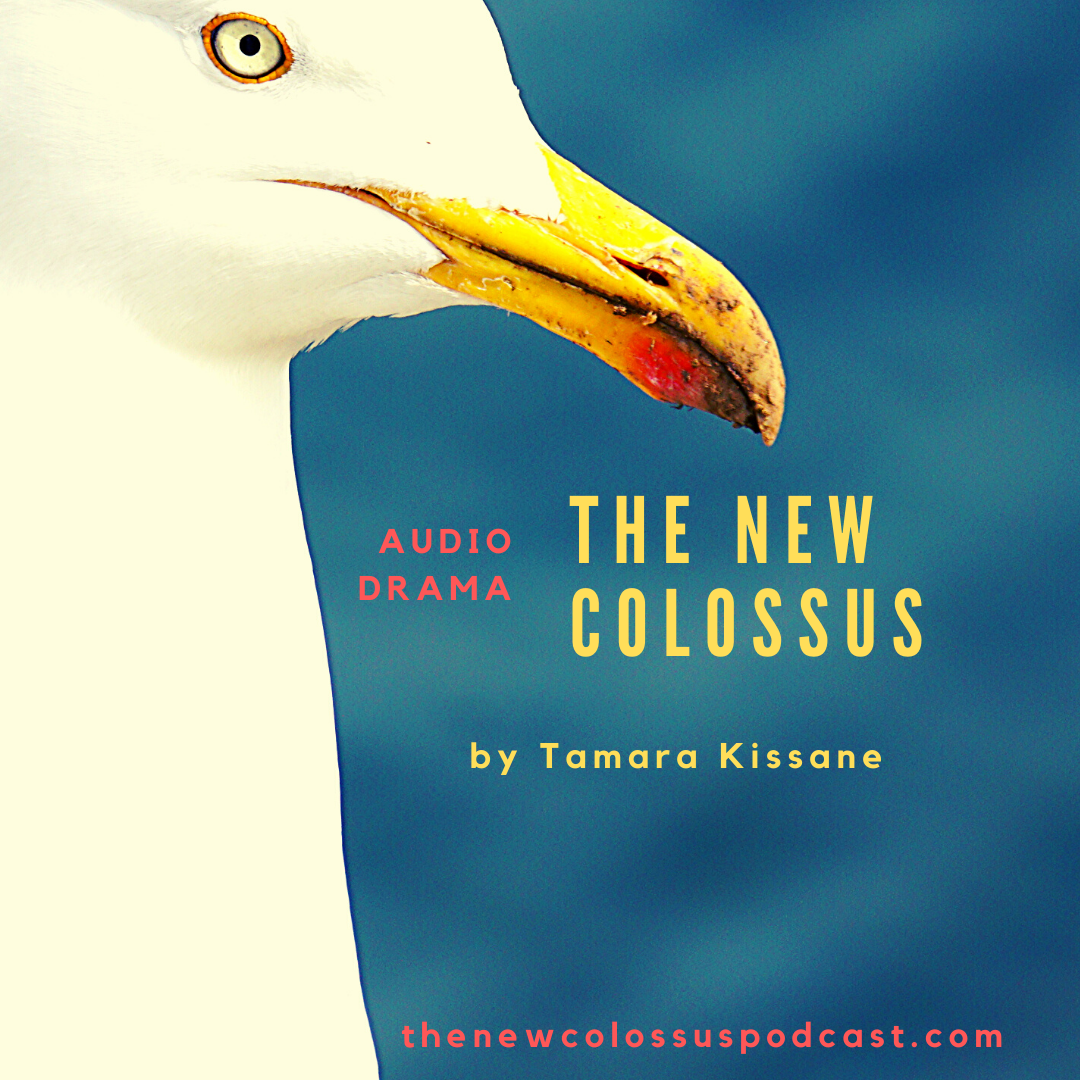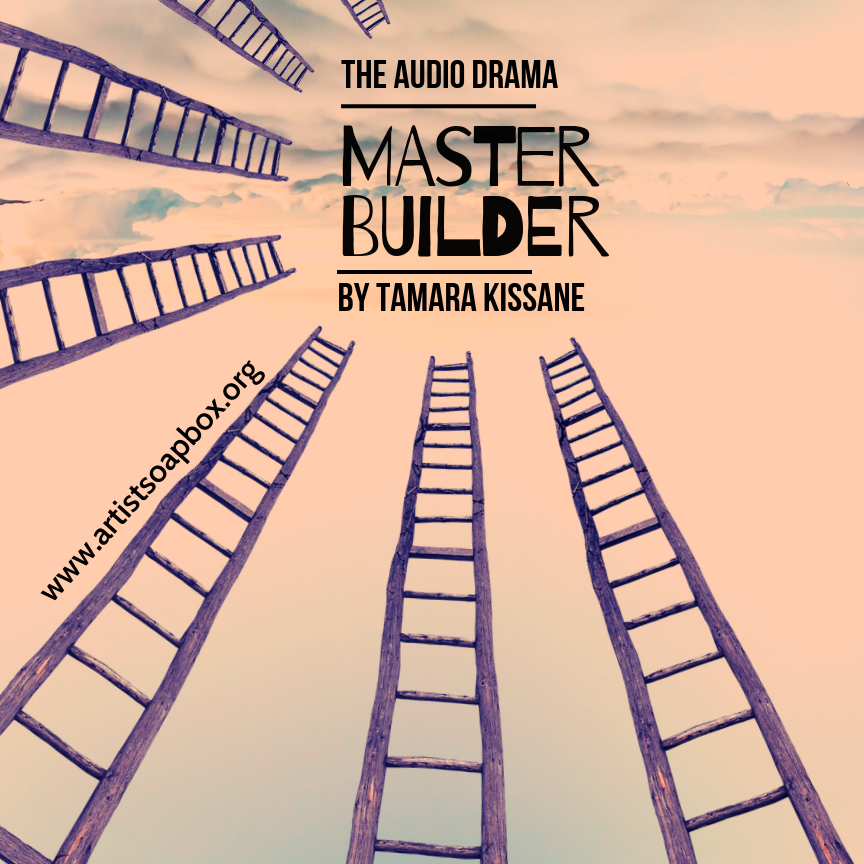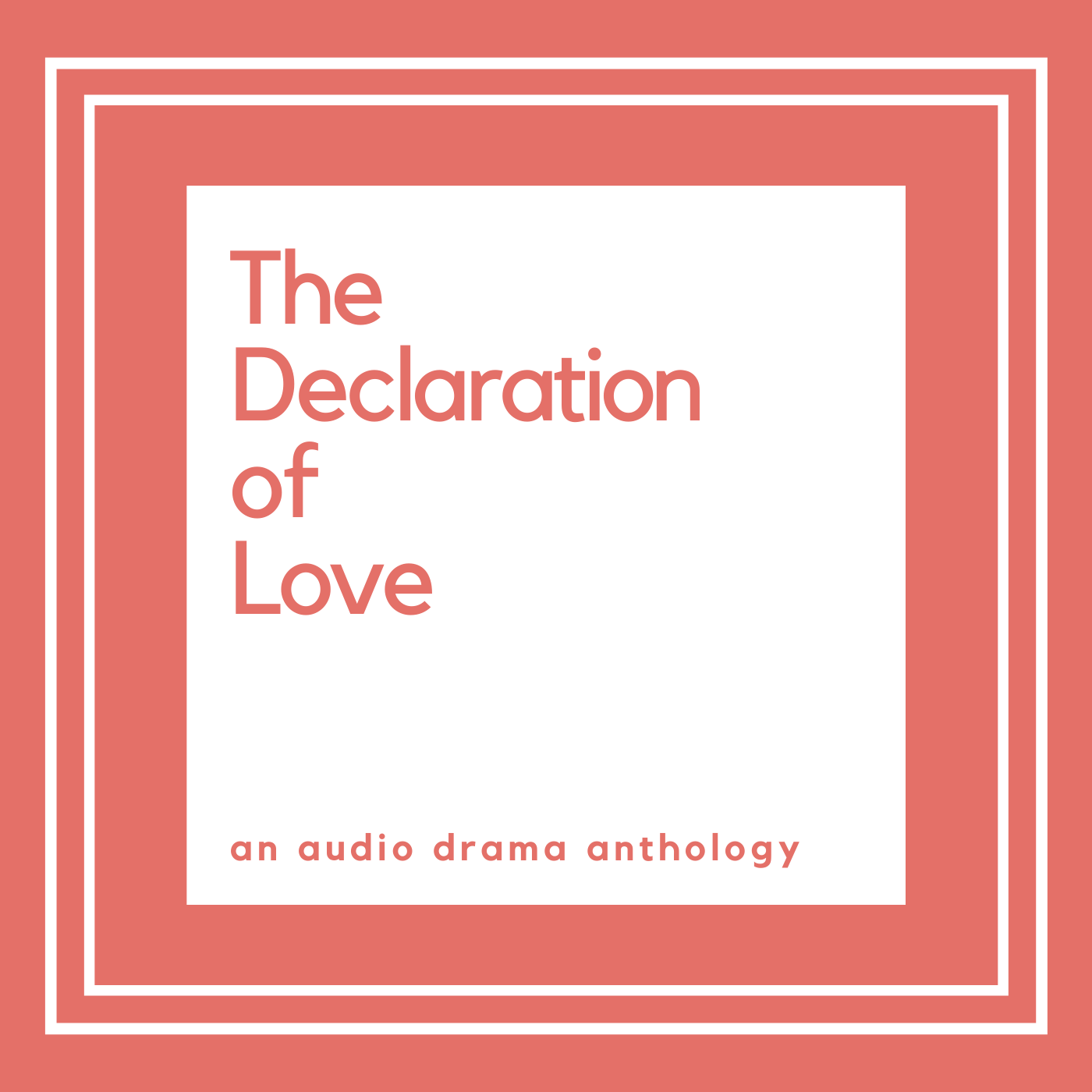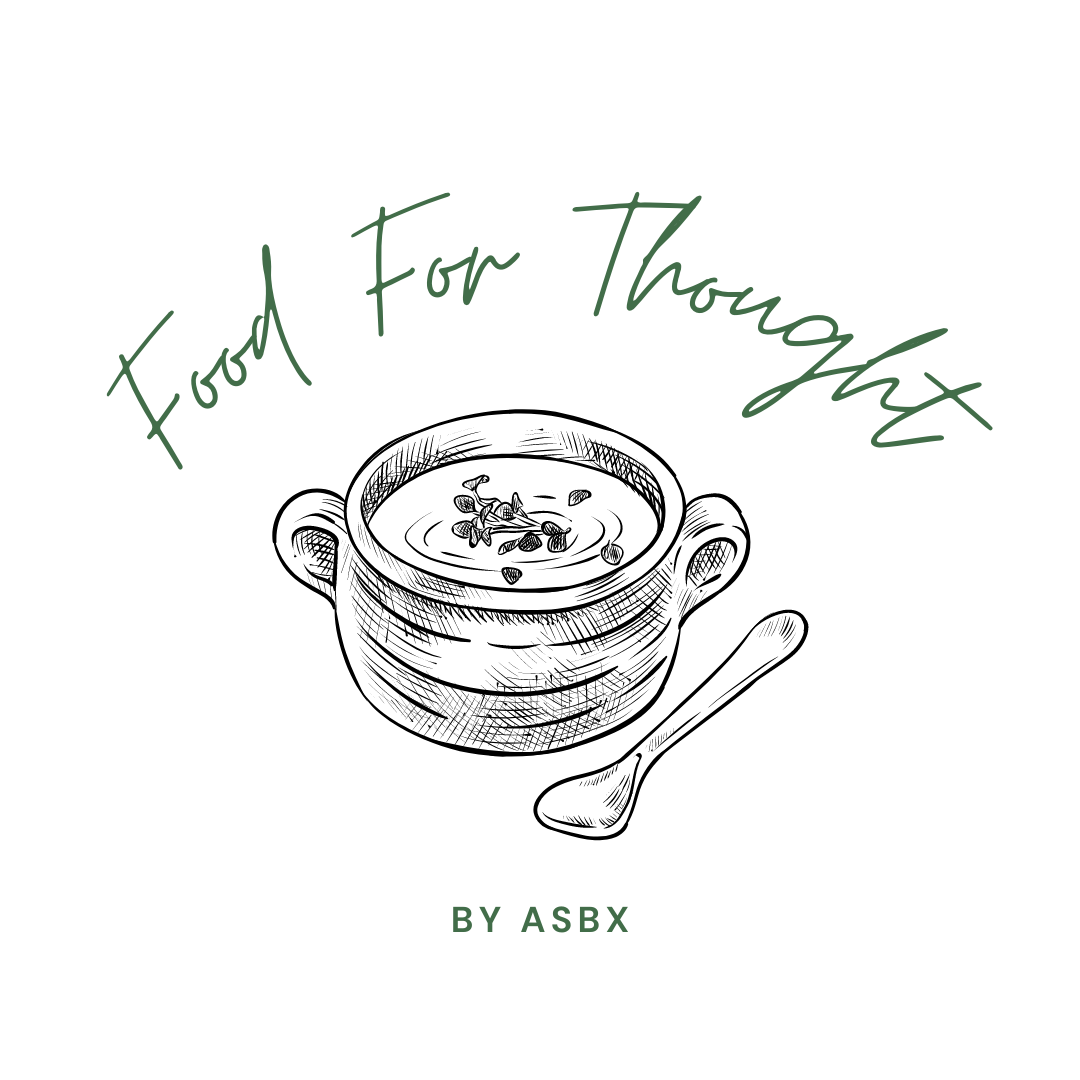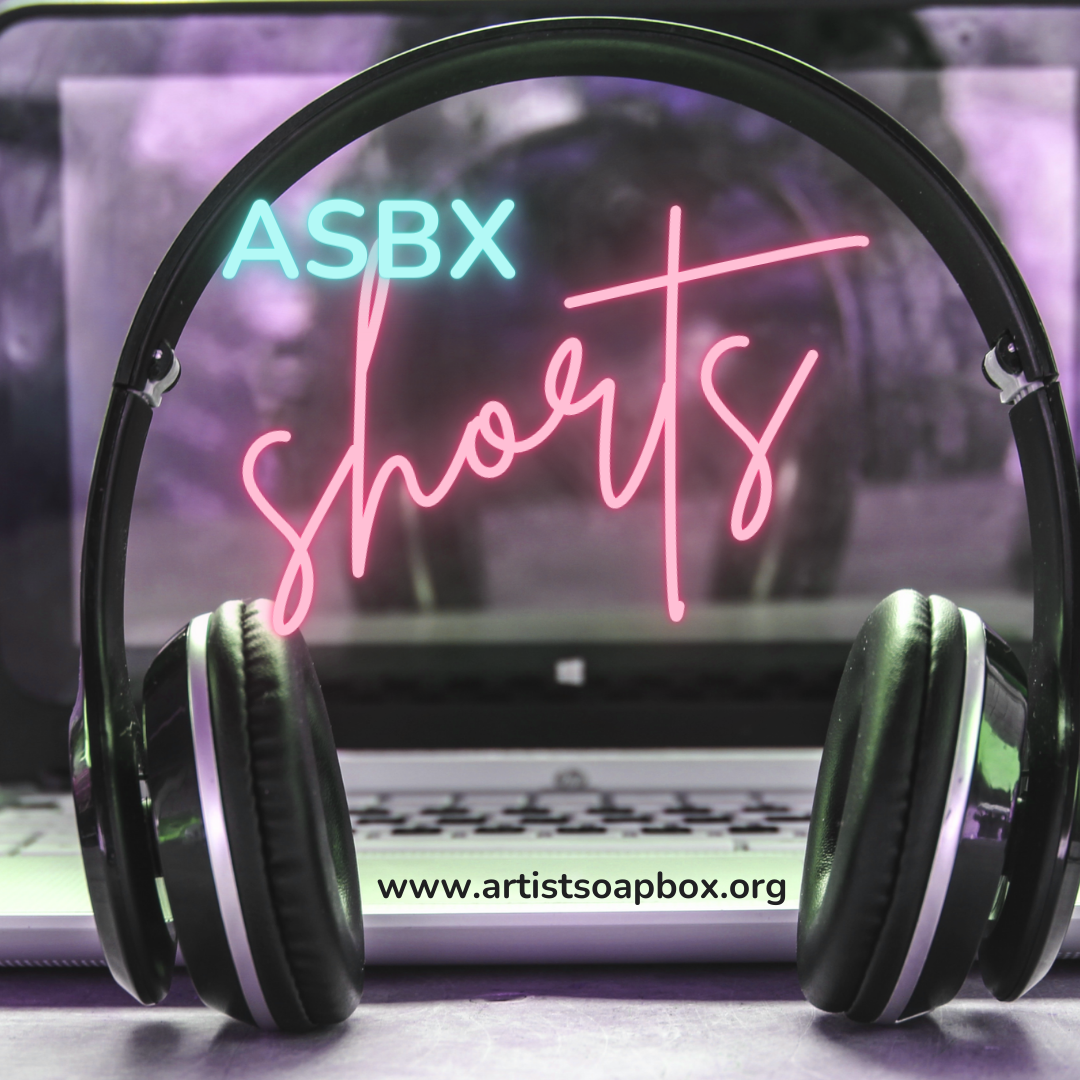Three great minds in one room: Alyssa Noble, Justin Tornow, and Lightsey Darst, the 3 organizers of Durham Independent Dance Artists (DIDA) discuss how to serve the dance community, the DIDA model, challenges with funding and critical conversation, the upcoming season, and what the future holds. As far as topics I’m passionate about, this conversation hits the bullseye.
DIDA raises the profile of independent dance in Durham by curating a season of dance performances by local choreographers. DIDA connect audiences and artists, providing audiences with easy access to exciting local work and providing artists with increased visibility to local audiences. DIDA was founded in 2014 by Nicola Bullock, Lightsey Darst, Justin Tornow and Leah Wilks.
Justin Tornow is a North Carolina native, currently located in Durham, NC. She is the artistic director of COMPANY, a producer of the local artist series PROMPTS, and a co-founder and -organizer with Durham Independent Dance Artists (DIDA.) Justin’s work is often collaborative and inter-disciplinary, partnering with composers and musicians, film and video artists, and visual artist Heather Gordon. In 2010, Justin received an MFA in Choreography from UNC-Greensboro; she lived and worked in NYC from 2010-2013, and relocated to Durham, NC in June 2013.
Lightsey Darst is a writer, worker, and parent. She is a co-founder of and organizer for DIDA. Originally from Tallahassee, Florida, Lightsey spent nine years covering dance in Minneapolis before moving to Durham in 2013. She has been awarded fellowships from the National Endowment for the Arts for both literature and dance criticism, as well as a Minnesota Book Award. Her books of poetry are Find the Girl and DANCE (2010 and 2013, both from Coffee House Press). Her criticism is online at mnartists.org, walkerart.org, The Huffington Post, and Bookslut.
Alyssa Noble is a modern dancer, choreographer and community organizer from Chicago, Illinois. Alyssa joined the Durham Independent Dance Artists (DIDA) team in May 2016. She has performed with VECTOR, Renay Aumiller Dances, Stephanie Blackmon Woodbeck, The Bipeds Dance Company and Little Green Pig Theatrical Concern. Most recently, Alyssa co-produced, performed and toured an evening-length work with collaborator Allie Pfeffer (A+A). In addition to her work in the dance community, Alyssa works in the specialty coffee industry.
This episode is brought to you by the Soapboxers, the official patrons of the Artist Soapbox. If you like these episodes and want more, get on the Soapbox! This episode was recorded at the ASBX home studio.
Additional ASBX dance-related episodes:
015: Choreographer and performer Nicola Bullock travels the distance for IMAGO
028: Choreographer and dancer Killian Manning insists on possibility
033: Dance, play, and dream in 54 STRANGE WORDS with Stacy Wolfson and Curtis Eller of the Bipeds
Time break-down:
[0:00] Episode intro, DIDA info and trio’s bios.
DURAM INDEPENDENT DANCE ARTISTS
[2:25] What does DIDA do?
[3:40] What does ‘professionalization’ mean? What are the resources DIDA provides?
[6:47] When and how was DIDA formed?
[8:45] How does DIDA function?
THE FUNDING CHALLENGE
[11:48] “People don’t realize how poor dance is and how expensive dance is.” Funding the work is a big problem in the dance community. The cost of rehearsing. Other places with other models. How might funding work better in our community? How does the lack of funding affect the quality of the work? PLATEAU!
THE CRITICAL CONVERSATION CHALLENGE
[24:03] There’s a need to increase the critical conversation and audience engagement around dance. How to increase the confidence and build security of audience members? Tamara admits she doesn’t know how to talk about dance. As artists we ned to be ready to hear feedback. Maybe audience members need time to process too? “Modeling being a person having an experience.”
[36:03] Two opportunities to have an impact on the work: in process and post-performance. Dramaturgs: we love you and should hire you more! What about work that has a longer life span?
DIDA CHANGING
[42:45] How is DIDA changing to meet the needs of the community in 2018? An abridged (spring) season; taking the fall to listen and incubate and consider how to change.
[49:04] At the 10 year anniversary, what will DIDA look like? “We don’t have a commitment to legacy. We are not focused on success. We are focused on being useful.” Putting out a call for conversation: “We need a lot of voices to talk about how we’re going to adapt…all of us.”
[51:31] Thanks and sign-off
Artist Soapbox podcast is a listener supported podcast. If you listen, please support the podcast by sharing episodes with friends and contributing via our Patreon campaign.
If you have feedback, questions, suggestions, please email artistsoapbox@gmail.com. FEEDBACK IS EVERYTHING TO ASBX.


